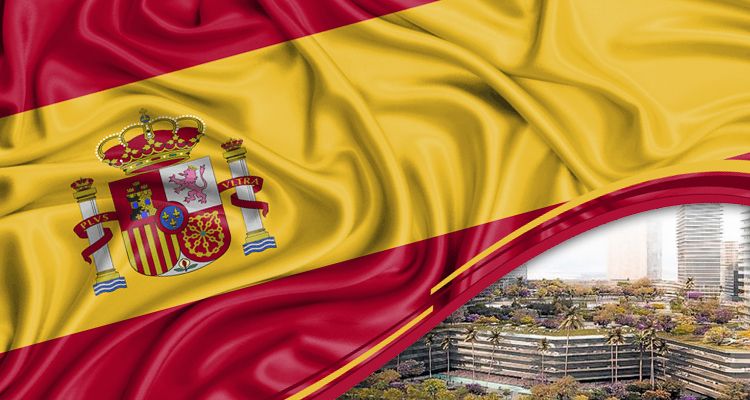Center Recreatiu i Turístic (CRT) formerly known as BCN World, in Vila-seca and Salou, about 100km down the coast from Barcelona, is set to begin construction this summer. A recent study released by Professors at The public university of Tarragona (Universitat Rovira i Virgili) expects construction of the project to generate about 12,000 jobs and produce an economic impact in the area of some 1,559 million euros annually.
The project’s Urban Master Plan was finalized and approved late last year and the first works contracts were tendered in January. The second phase of a casino licensing competition has begun with three contenders in the running for one or possibly two large-scale casinos to be located in the macrocomplex.
Approved to compete are Grup Peralada, a company founded in 1904 who entered the gaming industry most notably with a venture into Argentina in 2000 with Casino Resort Santa Fe and Melincué Casino & Resort and most recently opened a casino in Ovalle Chile; Hard Rock International, a U.S. concern owned by the Seminole Tribe of Florida who have extended their footprint worldwide and now operate in 74 countries with 174 cafes, 24 hotels and 11 casinos; and Melco, headed up by Lawrence Ho Yau Lung, the son of former Macau gambling king, Stanley Ho and the visionary behind several game-changing casino resorts such as Studio City Macau and Tigre de Cristal near Vladivostok, Russia.
The companies are free to present unified or competing proposals for the casino component(s) of the integrated tourist complex.
The study, presented by Professor of Economics of the URV Juan Antonio Duro and Professor María Lobo estimates that once the CRT is fully operational, somewhere between 3,900 and 5,400 million euros will be generated in the Camp de Tarragona each year with 35,000 to 48,000 employment positions, more than half of those directly attributable to the CRT.
If the study bears the weight of reality, even in part, the current tourist economy which is mostly seasonal and dependent in large part on domestic visitors, will be changed forever, increased dramatically and more level throughout the year rather than concentrated on the sun and beaches of the Costa Daurada as it is now. Currently, only 8% of visitors to the region come from outside the European Union, according to the report.
Overnight hotel stays are expected to increase nearly 22% by adding 1.7 and 2.1 million booked nights per year, as well as between three million and five million new visits, whether they book accommodations or not.



